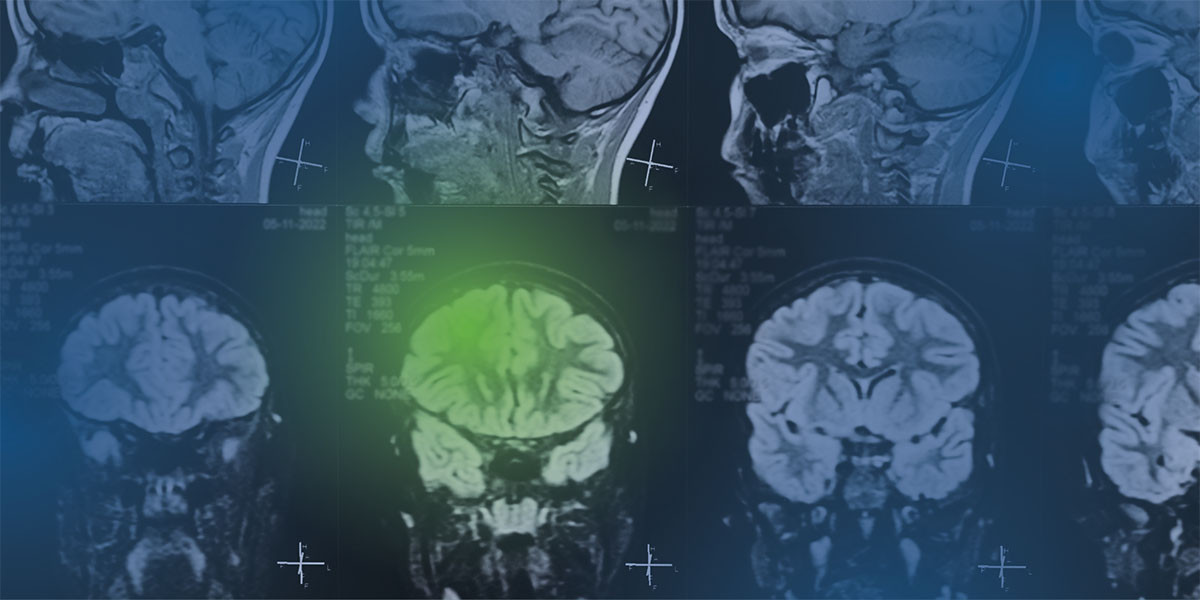Late-Onset Epilepsy in Dementia

New research published in JAMA Neurology identifies common risk factors for late-onset epilepsy among people living with dementia or cognitive decline. The results underscore the value of screening for epilepsy, an under-appreciated condition among nursing home residents. It’s important because “epilepsy is associated with worse cognitive and mortality outcomes” in this population, note the authors.
Late-onset epilepsy
The common idea that epilepsy is a pediatric condition is ill-founded, notes Rani A. Sarkis, MD, MSC, publishing in Practical Neurology. In fact, incidence rises sharply after age 60. Estimated incidence among people who have Alzheimer’s disease is 10-20%. There is also a heightened incidence in dementia with Lewy bodies and frontotemporal dementia, he notes.
The association appears to be bidirectional, i.e., having either dementia or epilepsy doubles the risk for the other condition.
Seizures are not the typical hallmark symptom of epilepsy among older adults. In late-onset dementia, “there tend to be fewer convulsions, more confusion, and longer recovery times,” says Sarkis. Focal seizures may mimic symptoms of dementia, he adds.
BPSD or a seizure?
Dr. Steven Posar emphasizes that a seizure may manifest as behaviors. Older adults may experience non-convulsive seizures, also called partial complex epilepsy. With this condition, what nursing home staff perceive as BPSD could actually be a seizure. “People would say they’re agitated and violent, when in point of fact, they’re having a seizure,” explains Dr. Posar.
The treatment for this is not an antipsychotic, says Dr. Posar. It’s anti-seizure medication, an appropriate medication when a seizure disorder has been accurately diagnosed.
Non-convulsive seizures can also lead to falls. Dr. Posar explains seizure presentation in nursing home residents:
Risk factors- late-onset epilepsy
As reported in the JAMA Neurology study, risk factors for late-onset epilepsy are:
- Presence of the APOE4 allele (a genetic variation associated with Alzheimer’s risk)
- Alzheimer’s dementia
- Onset of dementia before age 60
- Increasing severity of dementia
- Stroke or TIA
- Parkinson’s disease
The authors recommend routine screening when risk factors are present.
Neurology-forward dementia care
A neurology-forward approach recognizes dementia as organic brain disease. Accurately assessing behavioral and psychological symptoms of dementia (BPSD) requires a neurological evaluation, along with psychological testing and input from all disciplines. “Neurology first” has been a longstanding tenet of the GuideStar Eldercare practice standards.
Our clinical evidence library calls out that nonconvulsive seizures may be common in Alzheimer’s disease—and difficult to detect. In addition, it’s known that epilepsy in dementia can worsen cognitive symptoms.
As outlined in the GuideStar blog, CMS New Guidance: Psychotropics & Gradual Dose Reduction, F605, “Neurology provides a meaningful framework for assessment of many nursing home residents, as dementias are rooted in neurology. In addition, some behaviors observed in residents stem from treatable neurological conditions.”
A neurology-forward approach to dementia care can support reduction in use of unnecessary medications and psychotropic drugs.
Wondering how to ensure accurate diagnoses in your nursing home residents? Feel free to get in touch. Offering on-site neurology services, we’re here to help.
